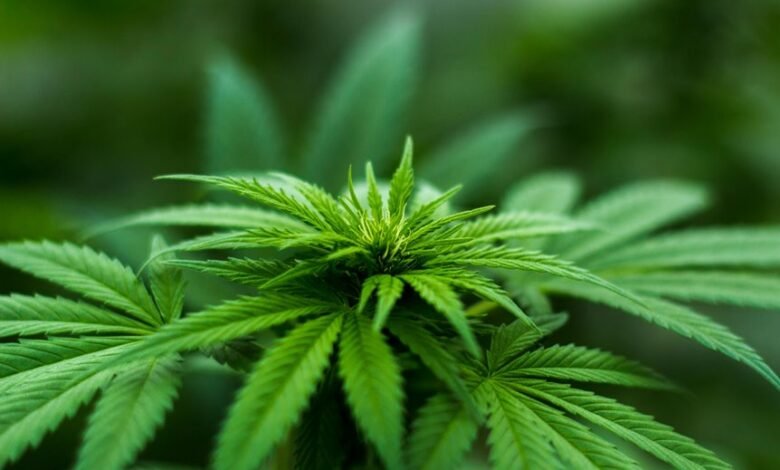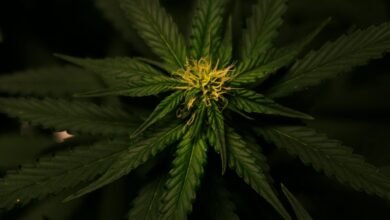Difference Between Cbd and Marijuana

The distinction between CBD and marijuana is significant in both composition and effects. CBD, or cannabidiol, is a non-psychoactive element extracted from the cannabis plant, often utilized for its therapeutic properties. Conversely, marijuana contains THC, the compound that induces psychoactive effects. These differences raise important questions regarding their uses and legal implications. Understanding these nuances is essential for consumers considering their options. What further complexities arise when examining their legal status?
What Is CBD?
CBD, or cannabidiol, is a naturally occurring compound found in the cannabis plant. It is renowned for its potential health benefits, including pain relief, anxiety reduction, and anti-inflammatory properties.
CBD extraction methods, such as CO2 extraction and ethanol extraction, are employed to isolate this compound from the plant material, ensuring purity and potency for various applications in wellness and therapeutic products.
What Is Marijuana?
Marijuana, also known as cannabis, is a flowering plant that contains various compounds, including tetrahydrocannabinol (THC) and cannabidiol (CBD).
Its use dates back thousands of years, highlighted in cannabis history for both medicinal and recreational purposes.
The marijuana effects can include altered perception, relaxation, and increased appetite, contributing to its widespread popularity and cultural significance across diverse societies.
Key Differences Between CBD and Marijuana
The primary distinction between CBD and marijuana lies in their chemical composition and effects on the body.
CBD, a non-psychoactive compound, offers various health benefits such as pain relief and anxiety reduction.
In contrast, marijuana contains higher levels of THC, which can lead to psychoactive effects and potential risks, including dependency and impaired cognitive function.
Understanding these differences is essential for informed choices regarding their use.
Legal Status of CBD and Marijuana
While both CBD and marijuana originate from the cannabis plant, their legal statuses differ significantly across various jurisdictions.
CBD legality typically hinges on its THC content, often permitting products with low levels.
In contrast, marijuana regulations vary widely, with some regions fully legalizing recreational use while others maintain strict prohibitions.
Understanding these differences is crucial for consumers navigating the evolving landscape of cannabis law.
Conclusion
In summary, CBD and marijuana are distinct entities within the cannabis spectrum, each serving unique purposes. While CBD offers therapeutic benefits without intoxication, marijuana delivers psychoactive effects through THC. Understanding these differences allows consumers to navigate the cannabis landscape effectively, much like a sailor charting a course through diverse waters, ensuring they reach their desired destination safely and informed. As legislation continues to evolve, awareness of these distinctions remains crucial for informed choices.






